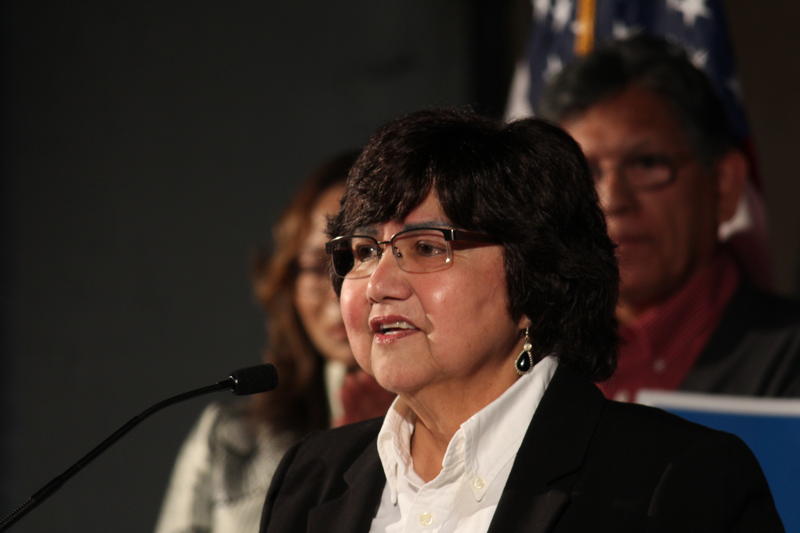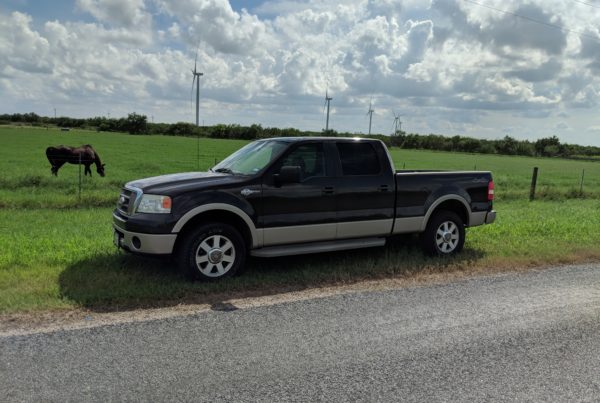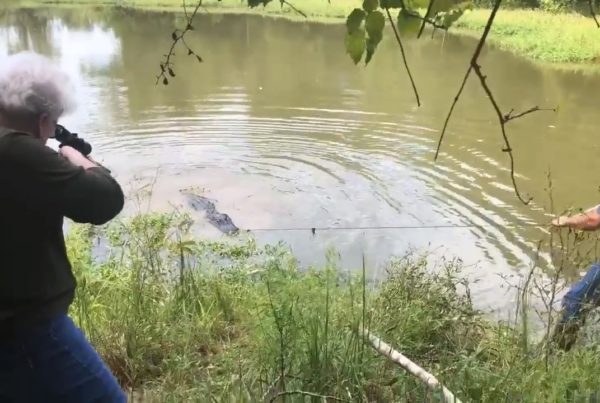A poll released Tuesday has incumbent U.S. Senator Ted Cruz ahead of El Paso Congressman Beto O’Rourke, 54 percent to 45 percent. Other polls indicate the race for Senate is closer.
Kimi Lynn King is a political science professor at the University of North Texas in Denton. She says the spread between the two candidates in various polls has gotten a lot of attention this year.
“The media’s always accused of trying to run it as a horse race,” King says. “So, whenever you get it within the margin of error, you want to be concerned about whether your poll is accurate.”
This Quinnipiac University Poll measured the preferences of likely voters, King says, while other polls often sampled registered voters. Just liking someone, she says, is no guarantee you will get out to vote for that person on election day.
King says that most voters make up their mind between four and six weeks before going to the polls. Quinnipiac’s poll of the Cruz-O’Rourke race shows that 93 percent of those polled have made up their minds about whom they favor. But King says the race isn’t over.
“The Republicans can’t rest on their laurels either,” she says. “Recall that we’ve had some upsets in Georgia, [and] in the New York race, where everyone showed the Democratic candidate being behind. And yet those candidates came back and won.”
King says the electorate in those upset races was highly mobilized. She doubts that’s the case in Texas, “unless there’s some kind of real October surprise that could come from the Kavanaugh hearings,” she says.
The Quinnipiac poll also mentioned a race that has arguably taken a back seat to the high-profile Senate contest: the race for Texas governor.
Some may already have forgotten that former Dallas County Sheriff Lupe Valdez is running against current Gov. Greg Abbott. So, is the Cruz-O’Rourke race just sucking up all the political oxygen, or are there other reasons the race for the state’s top job seems to be on the back burner?
“[Valdez] hasn’t been able to get traction in the same way that O’Rourke has been able to get traction,” King says. “Understand that part of that is that Abbott has a high likability – he has a high favorability rating: 62 percent approve of his job.”
And 42 percent of voters say they don’t know enough about Valdez to have an opinion, King says.
“Traditionally, we think of the elections at the top of the ballot as being the most important ones, so statewide races,” King says. “And in any other election year, we would say that’s the governor’s race …. Valdez may be hoping for a little bit of a coattail effect on O’Rourke, to get people to turn out.”
The coattail effect could bring voters for Valdez, but enthusiasm for O’Rourke could also hurt her.
“You see people drawing in money, and it will draw it away from other candidates, in much the same way that there were complaints about Sen. Cruz when he first started out as a senator,” King says. “There were some concerns that he was drawing money away from some other critical races.”
Written by Shelly Brisbin.














